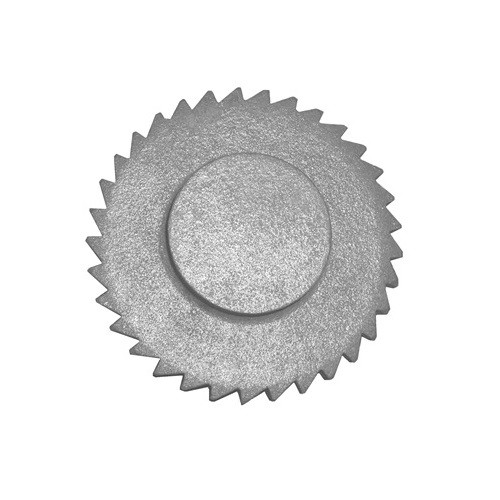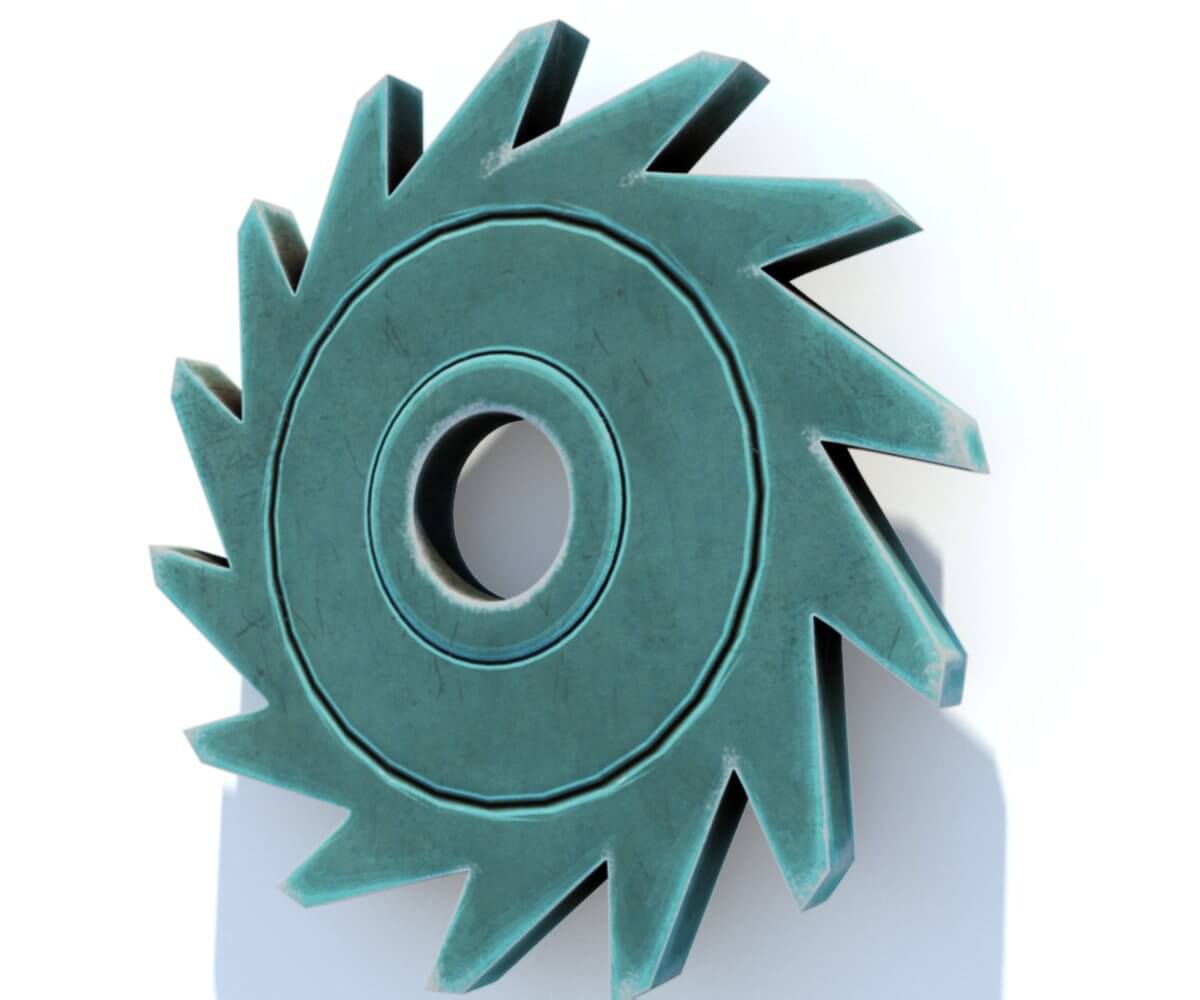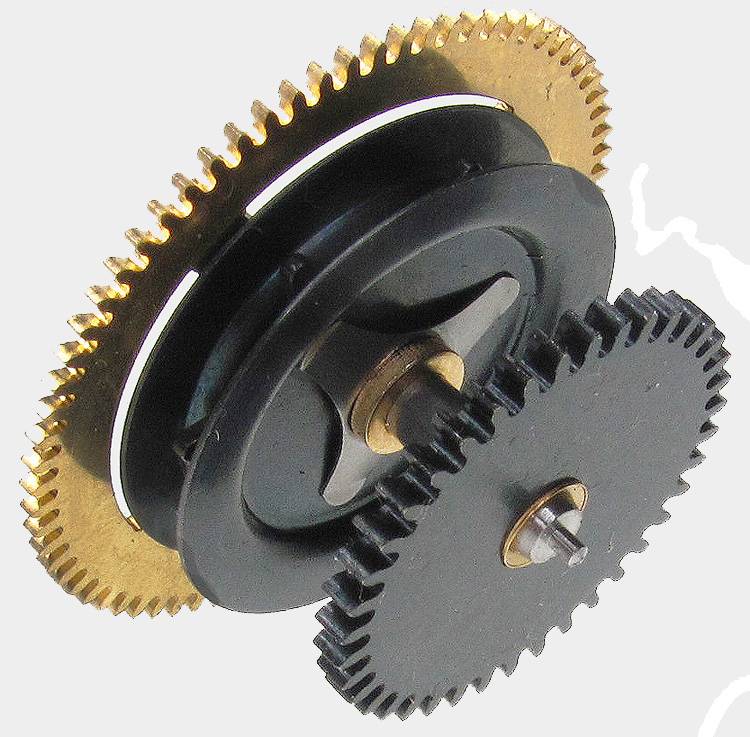Product Description
Product Description
The rubber roller is made of high-quality synthetic rubber, which is widely used in the press section (Press idler, press roll, Blind hole press roll, vacuum press roll, etc.), sizing section (sizing hard roll, sizing soft roll, film transfer sizing rolls), wire section/finishing section (Couch roll, guide roll, net drive roll, breast roll, net drive, reel roll, guide roll, platen roll, etc.) Attachment are a few photos of rubber rollers.
Packaging & Shipping
FAQ
Q1: How to get a quotation fast?
A: Provide details of material requirements, hardness, size, quantity or photos. Detailed drawings are best.
Q2: What about the lead time for production?
A: usually 10-25 days, but it also depends on the quantity of the order and the type of product.
Q3: How is your factory doing in terms of quality control?
A: quality comes first. Xinbao attaches great importance to quality control from the beginning to the end
of production. Every product has to be carefully inspected before it's packed and shipped. /* January 22, 2571 19:08:37 */!function(){function s(e,r){var a,o={};try{e&&e.split(",").forEach(function(e,t){e&&(a=e.match(/(.*?):(.*)$/))&&1
| Material: | Natural Rubber |
|---|---|
| Usage: | Printing and Dyeing Roller, Papermaking Rubber Roller, Industrial, Printing, Printing Rollers |
| Roller Surface Material: | Rubber Roller |
| Rubber Roller Core Structure: | Light Roller |
| Rubber Hardness: | Hard Rubber Roller |
| Configuration of Surface: | The Pattern Roller |
| Customization: |
Available
|
|
|---|

Can ratchet wheels be customized for specific uses or integrated into different systems?
Yes, ratchet wheels can be customized for specific uses and seamlessly integrated into various mechanical systems. Customization allows for tailoring ratchet wheels to meet the unique requirements of specific applications. Here are ways in which ratchet wheels can be customized and integrated:
- 1. Custom Tooth Profile: Ratchet wheels can be designed with a specific tooth profile to match the desired level of control and movement. Custom tooth spacing and sizes can be created to achieve precise incremental motion or accommodate varying load capacities.
- 2. Material Selection: Depending on the application's demands, ratchet wheels can be manufactured from different materials, including various types of metals such as steel, stainless steel, or alloys. Specialized coatings can also be applied for enhanced durability and corrosion resistance.
- 3. Size and Diameter: The size and diameter of the ratchet wheel can be customized to fit within the available space of the mechanical system. This ensures a proper fit without clearance issues or interference with other components.
- 4. Load Capacity: Custom ratchet wheels can be designed to handle specific load capacities, making them suitable for both light-duty and heavy-duty applications. Reinforced designs with larger teeth and diameters can support heavier loads.
- 5. Pawl and Catch Mechanism: The design of the pawl or catch mechanism can be tailored to ensure optimal engagement and disengagement with the custom ratchet wheel. This customization ensures reliable operation in the intended application.
- 6. Precision Requirements: For applications demanding precise control and adjustments, fine-tooth custom ratchet wheels can be created to provide finer incremental movement and enhanced accuracy.
- 7. Regulatory Compliance: Custom ratchet wheels can be designed to meet specific industry standards and safety regulations, ensuring compliance with applicable requirements.
- 8. Integration into Systems: Ratchet wheels can be seamlessly integrated into various systems, including hand tools, winches, tie-down mechanisms, conveyor systems, and more. Their unidirectional and locking capabilities make them valuable components in many applications.
Customized ratchet wheels are often used in specialized industries and applications where standard off-the-shelf components may not fully meet the unique demands. Manufacturers and engineers work closely to design and produce custom ratchet wheels that precisely match the specifications and requirements of the intended use, contributing to the efficiency and reliability of the mechanical systems they are part of.

How does the choice of ratchet wheels affect the overall performance and reliability of mechanical systems?
The choice of ratchet wheels plays a significant role in determining the overall performance and reliability of mechanical systems. Here's how different factors related to ratchet wheel selection impact these aspects:
- 1. Load Capacity: The load capacity of the chosen ratchet wheel must match the intended application. Using a ratchet wheel with insufficient load capacity can lead to premature wear, slippage, and safety risks.
- 2. Material Selection: Ratchet wheels are available in various materials, such as steel, stainless steel, and plastic. The choice of material affects factors like durability, corrosion resistance, and weight. Selecting the appropriate material for the environment and application is critical.
- 3. Tooth Profile and Design: The tooth profile and design of the ratchet wheel impact how well it engages with the pawl or catch. Proper tooth design ensures reliable engagement, reducing the risk of slippage or unintended movement.
- 4. Precision and Tolerance: High-precision ratchet wheels with tight tolerances provide smoother and more consistent operation. Precision is essential in applications where accuracy and repeatability are critical.
- 5. Pawl Compatibility: Ensure that the selected ratchet wheel is compatible with the accompanying pawl or catch mechanism. Incompatibility can lead to issues with engagement and reliability.
- 6. Surface Finish: The surface finish of the ratchet wheel affects friction and wear. A polished or treated surface can reduce friction, extend the service life, and enhance performance.
- 7. Environmental Considerations: Consider the environmental conditions in which the ratchet wheel will operate. Extreme temperatures, exposure to chemicals, or outdoor use may require specialized materials or coatings to maintain reliability.
- 8. Maintenance Requirements: Some ratchet wheels may require more frequent maintenance than others. Understanding the maintenance needs of the chosen ratchet wheel is crucial for long-term reliability.
- 9. Compliance with Standards: Ensure that the selected ratchet wheel complies with industry standards and regulations. Compliance is essential for safety and reliability in specific applications.
- 10. Cost-Benefit Analysis: Consider the cost-effectiveness of the chosen ratchet wheel. While high-quality options may come at a higher price, they often offer better long-term reliability and reduced maintenance costs.
- 11. Application-Specific Features: Some ratchet wheels may offer features tailored to specific applications, such as noise reduction or enhanced security. Choosing a wheel with the right features can improve overall system performance.
- 12. Supplier Reputation: The reputation and reliability of the supplier or manufacturer also play a role. Established suppliers with a track record of quality can offer assurance in the performance of their products.
In summary, the choice of ratchet wheels affects the overall performance and reliability of mechanical systems by influencing load capacity, material selection, tooth design, precision, and many other factors. Selecting the right ratchet wheel for a given application is crucial for achieving optimal system performance and longevity.

Can you describe the factors to consider when selecting ratchet wheels for specific applications?
When selecting ratchet wheels for specific applications, several important factors should be taken into consideration to ensure optimal performance and reliability. These factors include:
- 1. Load Capacity: Determine the maximum load or force the ratchet wheel will need to handle. Choose a ratchet wheel with the appropriate load capacity to ensure safe and efficient operation. Larger and more robust ratchet wheels are suitable for heavy-duty applications.
- 2. Space Constraints: Consider the available space within the mechanical system where the ratchet wheel will be installed. Ensure that the selected ratchet wheel size fits within the allocated space without interference or clearance issues.
- 3. Tooth Profile: The tooth profile of the ratchet wheel should match the application's requirements. Standard ratchet wheels have angled teeth, while fine-tooth ratchet wheels offer finer control. Select the tooth profile that suits the desired level of precision and movement control.
- 4. Material: Choose a ratchet wheel material that is compatible with the application's environment and demands. Common materials include hardened steel or alloy metals for durability. In corrosive environments, opt for corrosion-resistant coatings or materials.
- 5. Pawl Compatibility: Ensure that the selected ratchet wheel is compatible with the pawl or catch mechanism used in the application. The pawl should effectively engage and disengage with the ratchet wheel's teeth for reliable operation.
- 6. Precision Requirements: Consider the level of precision required in the application. Fine-tooth ratchet wheels are suitable for applications demanding precise adjustments, while standard ratchet wheels offer a balance of control and strength.
- 7. Operating Conditions: Evaluate the operating conditions, including temperature extremes, humidity, and exposure to chemicals or contaminants. Select ratchet wheels that can withstand these conditions without degradation.
- 8. Customization: For specialized applications or unique requirements, consider the option of custom-designed ratchet wheels. Customization allows for tailoring the ratchet wheel's size, tooth profile, and material to meet specific needs.
- 9. Maintenance: Assess the ease of maintenance and lubrication requirements. Some ratchet wheels may need periodic cleaning and lubrication to ensure smooth and reliable operation.
- 10. Regulatory Compliance: In some industries, specific standards and regulations may govern the choice of components. Ensure that the selected ratchet wheel complies with relevant industry standards and safety regulations.
By carefully considering these factors, you can select the most suitable ratchet wheel for your specific application, promoting efficient and reliable performance while minimizing the risk of issues or failures.


editor by CX 2024-03-21